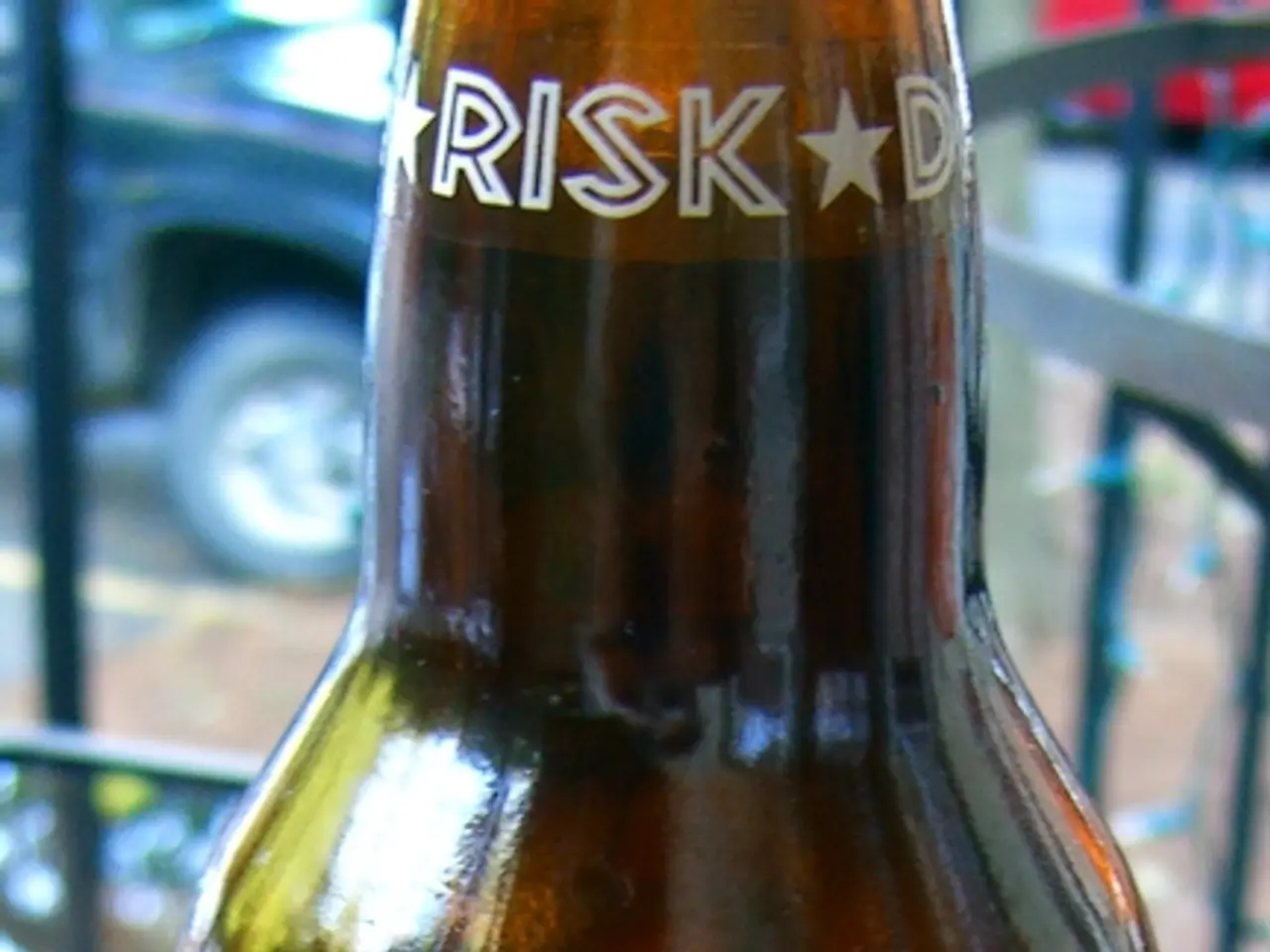Summers Can Be Tough, But Here's How To Cope
Practical advice for seniors: incorporating salt cakes into daily routines, using water sprays, and adopting hydration regimes for improved well-being.
Got the heat waves coming at ya? While they can be enjoyable, let's face it, they can also be a real pain in the neck, especially for the elders among us. The German Environment Agency has been keeping an eye on this issue, and they've dubbed older folks, those with care-dependency, and some others as the most susceptible to heat-related strains.
According to Prof. Bernd Böttiger, the Federal Physician of the German Red Cross (DRK), there are some key reasons for this:
- Aging brings about changes in metabolism, making it more difficult for the body to regulate heat.
- Feelings of thirst decrease, leading to less water intake.
- Medications, often taken for heart or kidney issues, can have a diuretic effect.
- The body becomes less efficient at cooling down through sweating.
On those extra hot days, it's crucial to take care of yourself and others. Here are some strategies to beat the heat:
1. Hydrate and Check Yo'self
Staying hydrated is key to dodging the heat. If you don't trust yourself to remember, try using alarms or apps. Aim for a drink every quarter hour, or a full glass every two hours, as suggested by Bernd Böttiger. For those with health conditions, consult your doctor on hydration recommendations.
Water might seem a little plain, but sprinkle in some fruit juices diluted with water, unsweetened tea, or even honey-based drinks in small amounts. The key is to keep things cool but not freezing, as overly cold drinks can upset your stomach. If you need a check, take a peek at your urine - light yellow color is a good sign, while dark or scant amounts mean you should h2O things up.
2. Light Bites and Salty Snacks
Heavy meals can weigh you down in summer heat. Opt for lighter, easier-to-digest meals that also help you stay hydrated. Stock up on water-rich fruits, veggies, and snacks that stimulate thirst and help maintain the salt balance.
3. Stay Cool
Feeling hot? Life becomes more bearable with these quick hacks:
- Wrap damp towels around arms or legs
- Take foot or hand baths with cool water
- Use a spray bottle to dampen your skin
- Turn on the fan and enjoy the cool breeze
Make sure your home stays as cool as possible as well. Use ventilation when it's cooler outside, like in the early morning.
4. Lighten Up Your Wardrobe
Dress for the heat! Wear light colors that reflect sunlight and heat less. Choose loose clothing made of light materials to allow for better airflow. For care-dependent individuals, opt for net pants with inserts or breathable bedding materials like cotton or linen.
5. Spot the Signs and Act Quickly
Keep an eye on yourself or those around you for signs of heat exhaustion, such as dizziness, weakness, rapid pulse, headache, restlessness, or confusion. If you notice any of these, move to a cool place, offer drinks, and if necessary, call 112.
Remember, maintaining hydration, being mindful of meals, staying cool, and wearing breathable clothing can all contribute to a more comfortable summer experience for elders and those with care-dependent needs. Let's keep a keen eye on those around us, especially on hot days, to ensure everyone's well-being!
Sources:
- German Environment Agency (UBA)
- German Red Cross (DRK)
- German Society for Vascular Surgery and Vascular Medicine (DGG)
- Ready4Heat project (supported by regional German efforts)
- To promote overall health and wellness, consider incorporating therapies and treatments such as stress-reducing radio sessions, skin-care routines, and exercise regimens that focus on fitness and mental health.
- A well-equipped workplace-wellness program can introduce nutritious food options, health and safety guidelines, and resources for stress management to help employees face the challenges of the heatwave.
- Science has shown that a balanced diet and regular exercise are crucial for maintaining good mental health during summer months, as they help regulate feelings of stress and anxiety caused by increased temperatures.
- In addition to ensuring proper care for the elderly and care-dependent individuals during heatwaves, it's essential to support their holistic health and wellness through activities like maintaining good skincare routines, practicing mental health therapies, and addressing nutritional needs.








